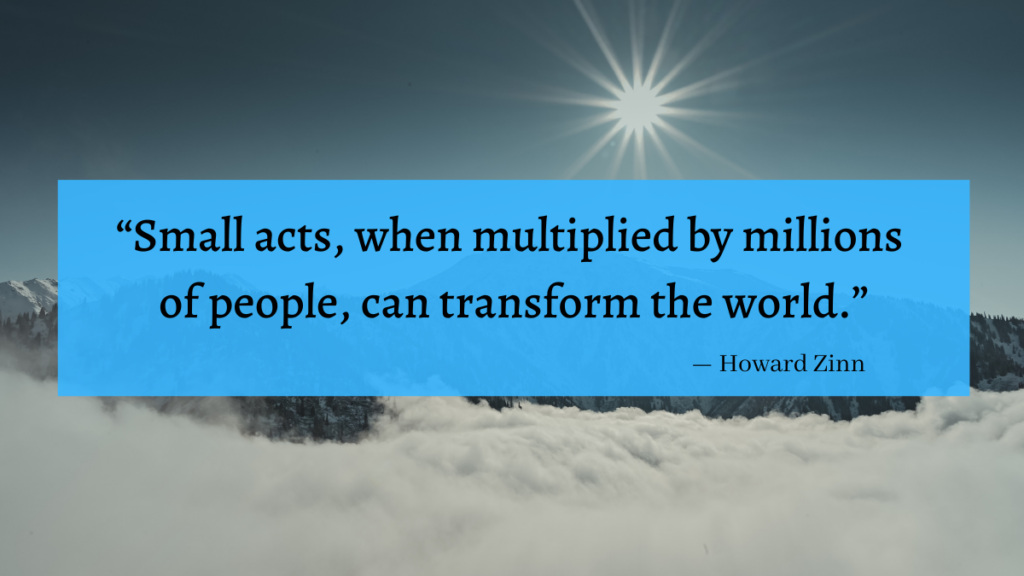If you’re feeling overwhelmed by the constant influx of news and notifications about the state of the world, you’re not alone. Many of us are inundated with updates that can add to our stress levels, which is why it’s crucial to prioritize our mental health and wellness as we move into 2025 and beyond. This isn’t just about personal well-being; it’s also about fostering a supportive environment for our families, friends, and communities. In these challenging times, it’s essential to focus on mental health strategies that can help us cope effectively and maintain our emotional balance.
However, navigating the landscape of mental health support can be complex and confusing. To assist anyone looking for help, I’ve compiled a list of five valuable resources that can provide the assistance you need on your journey to better mental health:
Discover Local Mental Health Resources in Your Community
Your local government, whether at the state, county, or city level, often has dedicated departments to support mental health. These departments typically operate under the title “behavioral health” and can be a treasure trove of information. You can find local therapists, community response teams, and various programs tailored for different age groups, from youth to adults. If you’re searching for immediate, localized support, these resources can serve as an excellent starting point in your quest for mental well-being.
Utilize Employee Assistance Programs for Confidential Support
Many workplaces offer Employee Assistance Programs (EAPs), which are specifically designed to help employees tackle personal and professional challenges that may impact their well-being and job performance. These programs offer a range of services that are confidential and can assist with issues such as stress, mental health concerns, substance use disorders, and workplace conflicts. If your employer provides an EAP, it’s a valuable resource that can be leveraged for support, whether you need it occasionally or regularly. Don’t hesitate to reach out to your HR department to learn more about what’s available to you.
Explore Various Hotlines for Immediate Mental Health Support
In addition to the well-known Suicide and Crisis Lifeline (which you can reach by dialing 988), there are numerous hotlines available that cater to a variety of mental health issues. In my local area, several organizations and government agencies have established hotlines that offer counseling support for those in need. It’s important to remember that resources can vary significantly from one location to another, so I encourage you to conduct an Internet search for hotlines and support services available in your area. You may find that there are more options than you initially realized.
Participate in Peer-Led Support Groups for Shared Experiences
Although I haven’t personally joined a support group, I strongly believe in the power of peer-led groups. These settings offer individuals the opportunity to both give and receive support from others who share similar experiences, creating a unique dynamic that one-on-one therapy may not provide. Organizations like the National Alliance on Mental Illness and platforms like Psychology Today can be excellent resources for finding support groups in your area. Engaging in such groups can foster a sense of community and understanding that is invaluable for mental well-being.
Consult Your Primary Care Physician for Guidance on Mental Health
If you’re unsure about where to begin your mental health journey or feel hesitant to navigate it alone, starting a conversation with your primary care physician is a wise move. They can guide you toward appropriate doctors or therapists within your network and help create a tailored plan for your next steps. Since there is a strong connection between mental and physical health, discussing all facets of your health with your doctor can provide a more comprehensive approach to your well-being.
Embrace the Many Paths to Mental Health Support
Whether you find yourself in need of these resources or know someone who might benefit from them, it’s important to recognize that there are multiple avenues for obtaining support for mental health challenges. We are all navigating these turbulent times together, and extending support to one another is crucial. Remember, we are stronger together, and seeking help is a sign of strength, not weakness.
I invite you to share your thoughts – what other methods have you found effective for accessing mental health support? Do you think the stigma surrounding mental health makes it difficult for individuals to reach out for help? Please share your insights in the comments!










